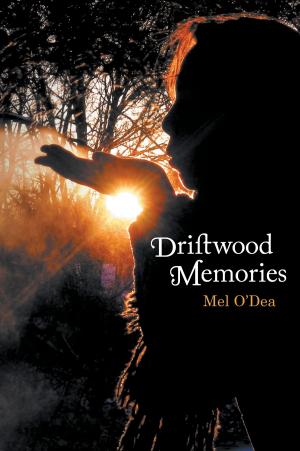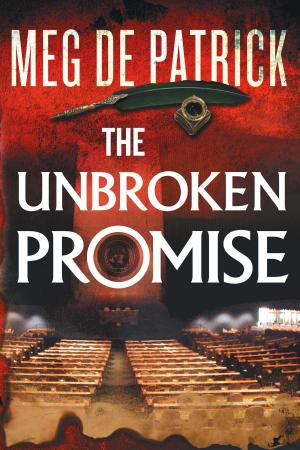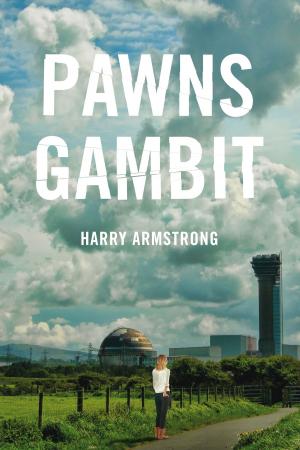The Wolds' Old Ways
country life in 1930s England
Nonfiction, Science & Nature, Nature, Environment, Environmental Conservation & Protection| Author: | Florence Hopper | ISBN: | 9781909421349 |
| Publisher: | Arena Books | Publication: | December 2, 2013 |
| Imprint: | Arena Books | Language: | English |
| Author: | Florence Hopper |
| ISBN: | 9781909421349 |
| Publisher: | Arena Books |
| Publication: | December 2, 2013 |
| Imprint: | Arena Books |
| Language: | English |
‘This book will bring back old times, take care of it,’ wrote Florence Hopper, freelance journalist, in the front of her cuttings book. Found in the depths of a dark cupboard crawled into by her niece, after her aunt died, and now edited by her, it is a fascinating read.
At first it was kept safe for the family to enjoy. Starting early in the 1930s the cuttings are a verbatim record of life in a busy market town and on the Wolds farms it served, including some on fishing disputes between onshore fishermen from rival East Coast towns, where the Wolds meet the sea with precipitous cliffs.
The cuttings have been arranged in sections according to subject, each one being chronological; sheep farming, including lambing and shearing, the inevitable problems with weather, and some amusing conversations between farm-hands in dialect overheard by Florence when at Driffield cattle market are all in the farming section.
She visited haunted houses in the winter of 1937, interviewing the owners who lived in them. The communities and children’s sections, which include readers’ comments quoted from letter written direct to the columnist, give us a picture of a wide and lively community which was changed completely by the outbreak of war in September 1939.
‘This book will bring back old times, take care of it,’ wrote Florence Hopper, freelance journalist, in the front of her cuttings book. Found in the depths of a dark cupboard crawled into by her niece, after her aunt died, and now edited by her, it is a fascinating read.
At first it was kept safe for the family to enjoy. Starting early in the 1930s the cuttings are a verbatim record of life in a busy market town and on the Wolds farms it served, including some on fishing disputes between onshore fishermen from rival East Coast towns, where the Wolds meet the sea with precipitous cliffs.
The cuttings have been arranged in sections according to subject, each one being chronological; sheep farming, including lambing and shearing, the inevitable problems with weather, and some amusing conversations between farm-hands in dialect overheard by Florence when at Driffield cattle market are all in the farming section.
She visited haunted houses in the winter of 1937, interviewing the owners who lived in them. The communities and children’s sections, which include readers’ comments quoted from letter written direct to the columnist, give us a picture of a wide and lively community which was changed completely by the outbreak of war in September 1939.















